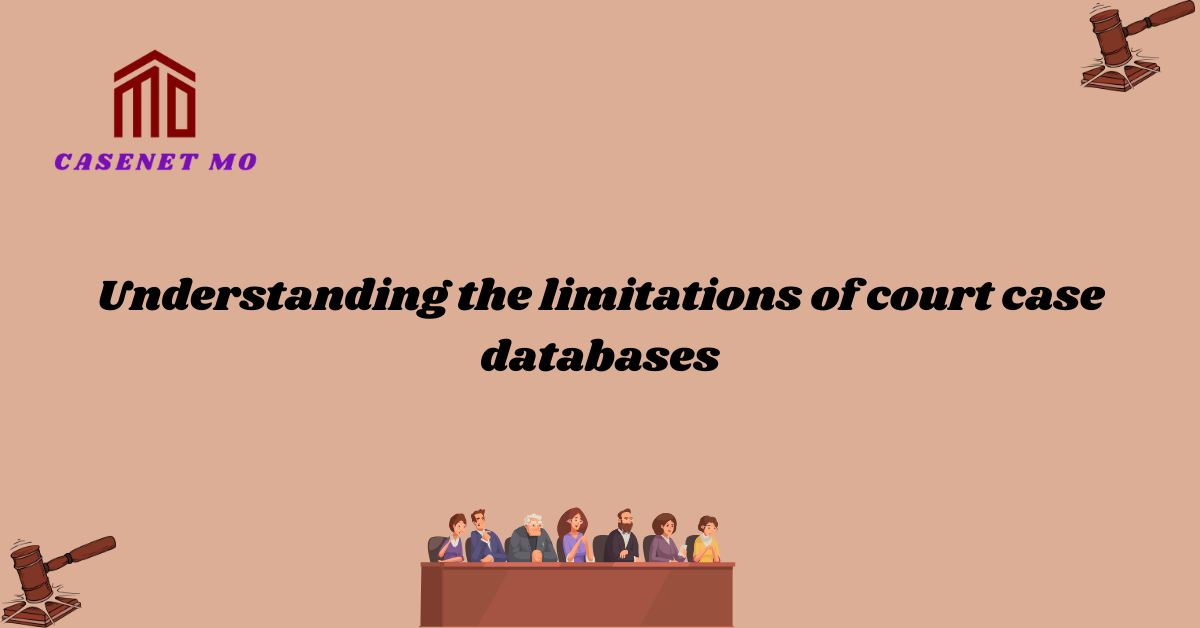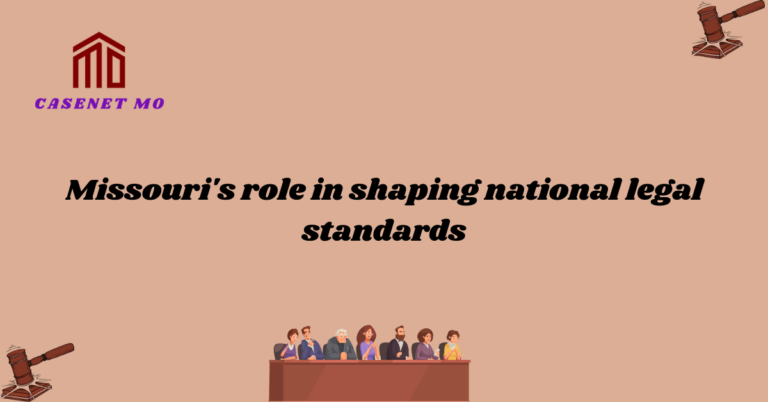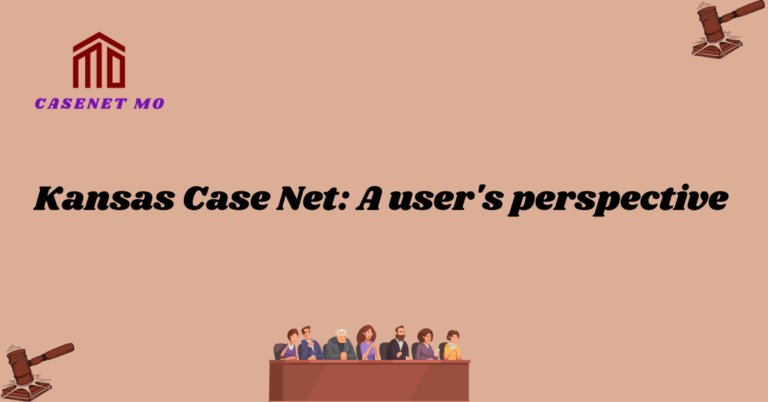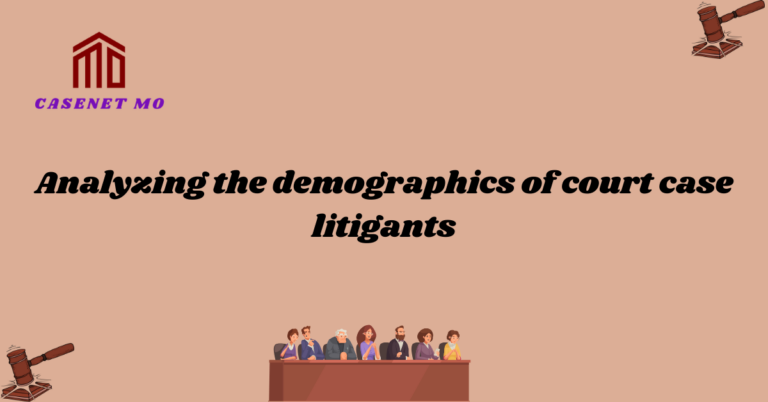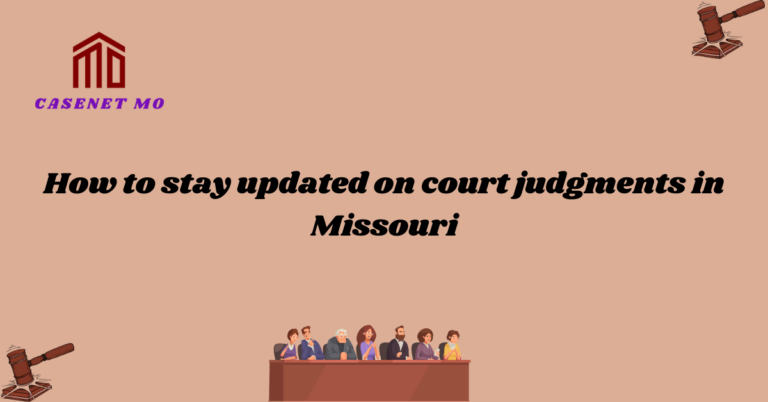Understanding the limitations of court case databases
As legal professionals, it is crucial for us to have access to reliable and comprehensive court case databases. These databases provide us with a wealth of information that is essential for our work, from researching precedents to staying updated on the latest legal developments. However, it is important to understand the limitations of these databases in order to effectively utilize them.
While court case databases offer a vast amount of information, they are not without their limitations. One of the main limitations is the availability and accuracy of the data. These databases rely on various sources to compile their information, and sometimes there may be gaps or errors in the data. It is essential for us to critically evaluate the information we find and cross-reference it with other reliable sources.
Understanding the Limitations of Court Case Databases
In order to effectively utilize court case databases, it is crucial for legal professionals to understand their limitations. While these databases offer a wealth of information, there are certain factors that need to be considered for optimal use.
Availability and Accuracy of Data
One of the main limitations of court case databases is the availability and accuracy of the data. These databases rely on various sources to compile their information, and as a result, there may be gaps or errors in the data. It is imperative for legal professionals to critically evaluate the information they find and cross-reference it with other reliable sources to ensure its validity.
Lack of Context
Another limitation of court case databases is the lack of context provided. While these databases offer facts and details of a case, they often do not provide the full story. Legal professionals need to dig deeper and seek additional information, such as court transcripts or legal opinions, to fully understand the intricacies of a case.
Incomplete Case Coverage
Court case databases may not provide comprehensive coverage of all cases. Some databases may have limitations on the types of cases or jurisdictions they cover. It is important for legal professionals to be aware of these limitations and seek alternative sources when necessary.
Lack of Timeliness
Court case databases may not always provide the most up-to-date information. It is crucial for legal professionals to stay updated on the latest legal developments through other means, such as legal publications or attending relevant conferences and seminars.
Limited Search Functionality
While court case databases offer search functionality, they may have limitations in terms of the search parameters or filters available. Legal professionals should familiarize themselves with the search capabilities of the database they are using and explore alternative databases if necessary.
Optimizing the Use of Court Case Databases
Despite these limitations, court case databases remain valuable tools for legal professionals. By understanding their limitations and taking the necessary precautions, legal professionals can use these databases more effectively in their research and decision-making processes.
Seeking Additional Sources
Legal professionals should not solely rely on court case databases for their research. It is important to seek out additional sources, such as legal journals, scholarly articles, and expert opinions, to gain a comprehensive understanding of the law and its application.
Verifying Information
Due to the potential inaccuracies in court case databases, it is crucial to verify the information found within them. Legal professionals should cross-reference information with multiple reliable sources to ensure its accuracy before using it in their work.
Engaging in Critical Analysis
Legal professionals should approach the information found in court case databases with a critical eye. They should evaluate the relevance, reliability, and applicability of the information to their specific case or legal issue, and consider any potential biases or limitations of the data.
Consulting with Colleagues
Collaboration with colleagues can be beneficial when utilizing court case databases. Discussing findings and interpretations with peers can provide different perspectives and help identify any potential gaps or limitations in the research.
Continual Learning and Adaptation
Legal professionals should actively stay updated on the latest developments in court case databases and related research tools. This includes attending relevant training sessions, webinars, and conferences, as well as staying current with advancements in legal technology.
By optimizing the use of court case databases and taking these measures into account, legal professionals can enhance their research capabilities, provide better legal services to their clients, and ultimately contribute to the field of law with informed and reliable insights.
FAQs
What are the limitations of court case databases?
Court case databases have limitations in terms of data availability and accuracy. They rely on various sources, which may result in gaps or errors in the information. Legal professionals should cross-reference the data with other reliable sources to ensure validity.
Do court case databases provide the full story of a case?
No, court case databases often lack context. While they offer facts and details, legal professionals need to seek additional information, such as court transcripts or legal opinions, to fully understand the intricacies of a case.
Do court case databases cover all cases?
No, court case databases may not provide comprehensive coverage. Some databases have limitations on the types of cases or jurisdictions they cover. Legal professionals should be aware of these limitations and seek alternative sources when necessary.
Are court case databases always up-to-date?
No, court case databases may not always provide the most up-to-date information. Legal professionals should stay updated on the latest legal developments through other means, such as legal publications or attending relevant conferences and seminars.
What are the search limitations of court case databases?
Court case databases may have limitations in terms of search parameters or filters available. Legal professionals should familiarize themselves with the search capabilities of the database they are using and explore alternative databases if necessary.

